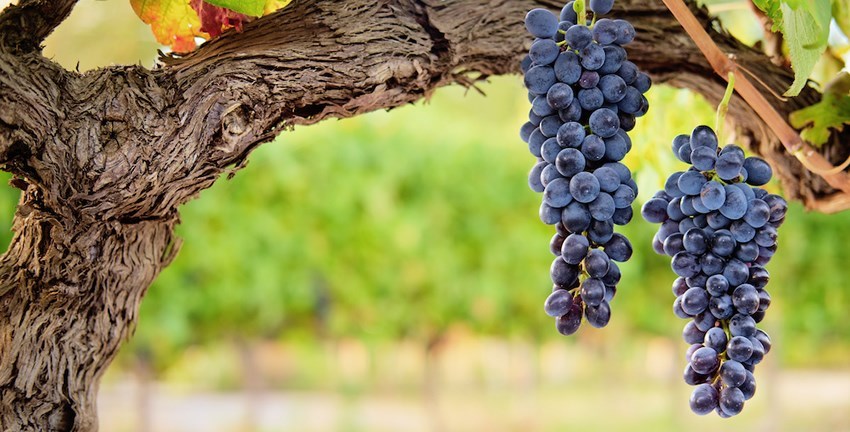Wednesday, 8 February, 2023
Meiningers, Barnaby Eales

- Groundbreaking research in Spain’s Rioja wine region has revealed one intriguing reason why old vines can sometimes adapt better to climate change conditions.
- Mutations in selected clonal variants of old vines change the vine’s physiology in helpful ways and can thus protect Rioja’s old vines.
- The ICVV’s findings demonstrate the importance of protecting the genetic diversity of old bush vineyards, at a time when they are under threat from the demands of modern production.
When geneticist Pablo Carbonell-Bejerano found a spontaneous mutation in an old Tempranillo vine clone earlier this year, he discovered that the change had altered the vine’s physiology. Its red berries showed more colour intensity in the juice and skins. The effects on the vine were already known, but not the cause.
Spain’s institute for the science of vine and wine (ICVV), based in Rioja, had already reported in 2021 that higher levels of polyphenols―the compounds that play an important role in the quality of wines―can be found in grapes of this clone, known as Tempranillo negro, compared with a more widely-used Tempranillo clone. It’s a discovery that may prove helpful in protecting Rioja’s wines―and those in other places―from climate change. Together with shorter maturation cycles, higher sugar levels, and lower acidity levels, climate change in the Iberian Peninsula has also led to the loss of colour and aromas in grapes.
ICVV has screened vines aged at least 35 years old, to select natural clonal variants whose production characteristics are potentially more adaptable to growing conditions of climate change.
“Sugar levels are increasing faster than polyphenol levels when grape ripening takes place under higher temperatures, temperatures which inhibit the growth of these important compounds; therefore, wines are more alcoholic, but have lower quality levels,” said Carbonell-Bejerano.
To read the full article, click HERE